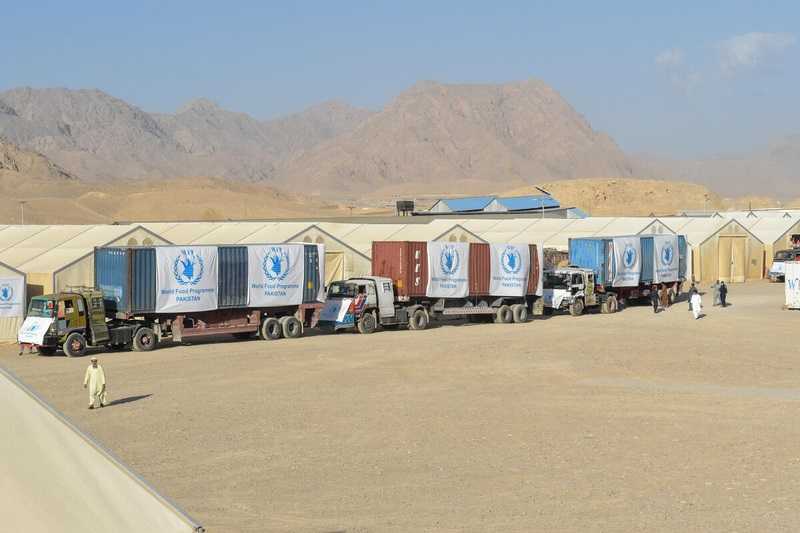
Daily Noon Briefing Highlights: Ethiopia
Source: OCHA
September 29, 2021
OCHA reports that the delivery of humanitarian supplies, including fuel into Tigray, remains heavily constrained through the only road access route in Afar (the Semera-Abala-Mekelle corridor).
In the past week [between 21 and 28 September], 79 trucks with humanitarian supplies arrived in Tigray via the Semera-Abala-Mekelle corridor. This brings the total number of humanitarian trucks that have entered Tigray since 12 July to 606 trucks. One hundred trucks are needed daily.
There is still a denial of access into Tigray for trucks with fuel and medical supplies, with trucks waiting in Semera to move to Mekelle.
Commercial supplies have been blocked since 28 June, causing severe shortages of essential commodities and a sharp rise in prices. The price of cooking oil has increased by 400 per cent, salt by 300 per cent, rice by 100 per cent and teff by 90 per cent.
Humanitarian partners continue to respond to urgent needs in Tigray, but with a significantly reduced capacity due to the depletion of stocks and resources.
Between 16 and 22 September, partners provided food to more than 126,000 people. But more than half of these people received less food than planned due to shortages of stocks. In comparison, more than 242,000 people received food assistance a week earlier. At least 5.2 million people need food aid in Tigray.
The UN and its humanitarian partners continue to scale up the humanitarian response in conflict affected areas of Afar and Amhara.
The World Food Programme provided food to more than 52,000 internally displaced people in Afar, and to more than 163,000 people in Amhara. International NGO partners also provided food to more than 201,000 people in Amhara.
The UN welcomes the arrival of additional trucks to Tigray this week and continues to urgently call on the Government of Ethiopia to allow and facilitate the unimpeded entry of supplies and equipment, including cash and fuel into Tigray.
